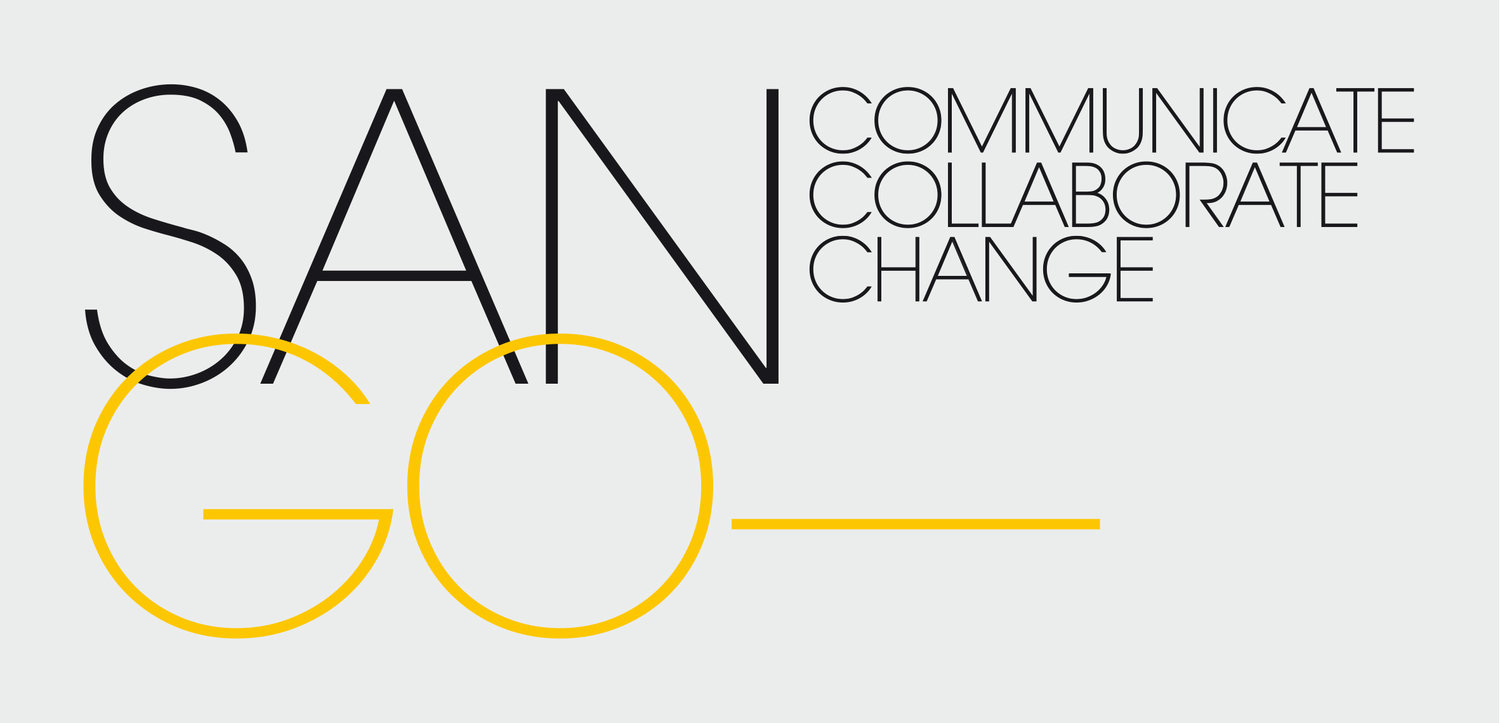The refugee crisis has been brewing for the past 12 months, and has suddenly come into sharp focus following the pictures last week of the body of three year old Aylan Kurdi washed up on a Turkish beach. The public mood has shifted dramatically, and now many people want to help. The key question is how.
The response from professionals in this field, the international charities, has been the usual one: “we are best placed to support refugees, please donate your money to support us.”
For many people, especially here in Stroud, this is not enough. Emotionally moved by the plight of millions, people don’t want to simply click a button and then move onto something else; they want to show solidarity, support and simple human warmth. Using the power of social media, Stroud Supporting Calais Refugees has sprung up overnight, and already has 1,500 supporters on Facebook and a van load of clothes, tents and other donated items ready to be delivered to Calais.
This simple idea – “people are in need, we want to help, we will find them and support them” – has been at the heart of human society for thousands of years. It is the basic tenant of most religions. Indeed, this spirit was the founding stone of many of today’s NGOs; for example, Oxfam was formed by a group of Quakers, social activists, and Oxford academics responding to the 1942 famine in Greece. Now, though, with the professionalisation of emergency response, the “enthusiastic amateur” is deterred from contributing aside from detached donating.
This clash between Big and small charity, which has always existed to some degree, is being highlighted now for a number of reasons. Social media now enables people to coordinate very quickly, and big organisations are behind the curve on this. People have grown tired of the old ways, of leaving it to the government and organisations to solve these crises. And this refugee crisis is more tangible than others in recent times, as people returning from summer holidays witness scenes of dire need and share these stories with their neighbours.
Yes, the situation is more complex than seems at first glance. Yes, it is difficult for charities to coordinate a messy response from many who are desperate to deliver support in person.
The real question is: why does Big charity need to control this basic human response? When the zeitgeist changes so dramatically, catching and taming the energy and emotion into an ordered response is hard work and loses impact in the process. The real challenge is how can all responses, big and small, be welcomed and coordinated in a spirit of chaotic collaboration.
On a local level, this means long-standing local activists (Councillors, politicians, charity workers) welcoming the sudden wave of support and helping to channel the energy in the best direction for the greatest good, resisting the all-too human temptation to shape responses in their image.
Steve Morley is Managing Director of strategy house Sango Consulting. He spent ten years working in campaigns, marketing and communications for big NGOs, before setting up his own consultancy in 2006. He has since worked in over fifty organisations across all sectors.
For more information call 07903 541124, email steve@sangoconsulting.co.uk or visit www.sangoconsulting.co.uk.


